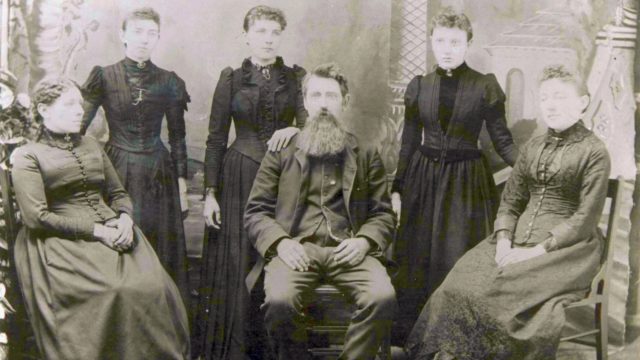The Mysterious Benedict Society
The newspaper that morning had been filled with the usual headlines, several of them devoted to what was commonly called the Emergency: Things had gotten desperately out of control, the headlines reported; the school systems, the budget, the pollution, the crime, the weather… why, everything, in fact, was a complete mess, and citizens everywhere were clamoring for a major — no, a dramatic – improvement in government. “Things must change NOW!” was the slogan plastered on billboards all over the city (it was a very old slogan)…
Sound familiar? It’s a description of the world in The Mysterious Benedict Society, but it shares some pretty obvious features with the nonfictional world. Because of this I was instantly drawn into this “children’s book” (more later on why I put the quotes around that term) and my enjoyment continued unabated till the last sentence 486 pages later.
How do you solve such extensive problems? — and extensive they are, moreso than the news-purveyors realize, for a widespread deception has infected even them. “Although most people care about the truth,” explains the mysterious Mr. Benedict, “they can nonetheless — under certain circumstances, and given proper persuasion — be diverted from it. Some, however, possess an unusually powerful love of truth.” Enter the four children who comprise the Mysterious Benedict Society, set to embark on a dangerous mission in hopes of ending the Emergency and uncovering all its hidden sources.
I’ve read several positive reviews of this tale, and since lately I’ve had a string of books begun and abandoned, I decided to give this one a shot.
I. Loved. It.
In thinking about why this is so, here’s what I come up with:
1.) I’m still 11. As I was reading this book, I thought of Madeleine L’Engle’s distaste for the term “children’s books” to describe A Wrinkle In Time and some of her other tales. Then I thought of her comment in The Irrational Season:
After all, I am not an isolated 57 years old; I am every other age I have been, one, two, three, four, five, six, seven… all the way up to and occasionally beyond my present chronology.
So true. The Mysterious Benedict Society is indisputably a (long) children’s book. It was in the children’s room at the library. It has the big red J on the spine to prove it. The protagonists are (almost) all around age 11. But I think Trenton Lee Stewart writes, like L’Engle, out of the 11-year-old within, not out of patronizing hindsight for what “a typical 11-year-old” feels. Maybe this is why I became completely involved in the tale without any feeling of condescension or distance at all — just pure enjoyment. It’s “true,” in the sense of capturing the real essence of being a human being who happens to be 11.
I didn’t say that very well at all. Read the book and see if it makes more sense then.
2.) Who could fail to love these protagonists, all of whom are such exceptional and gifted people, but all of whom feel awkward and lonely? Isn’t this all of us, to some extent?
3.) They find each other and form a “society” — a family, really. There’s a verse in the Bible that says God “puts the lonely in families.” I think we — I know I — have a deep desire to see that for others and experience it for ourselves. I love books that stir that hope within.
4.) The story is symbolically rich… It captures realities I experience as a Christian and as a homeschooler, without any sense of being freighted with “lessons.” There are some priceless pictures of spiritual realities here, but as the excerpt above illustrates, it’s all done with gusto and wit. With a light touch, this story inspires me, and reminds me, that sometimes being counter-cultural — not isolated, but courageous — is the only way to health.
It was the right time for me to read this, and I sorely wish I felt like the time was right to share it with my daughters. At 8 and 5, they’re still too young for maximal enjoyment, but in a few years I’ll be thrilled to give them this reading experience.


